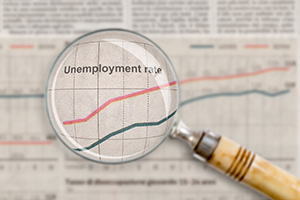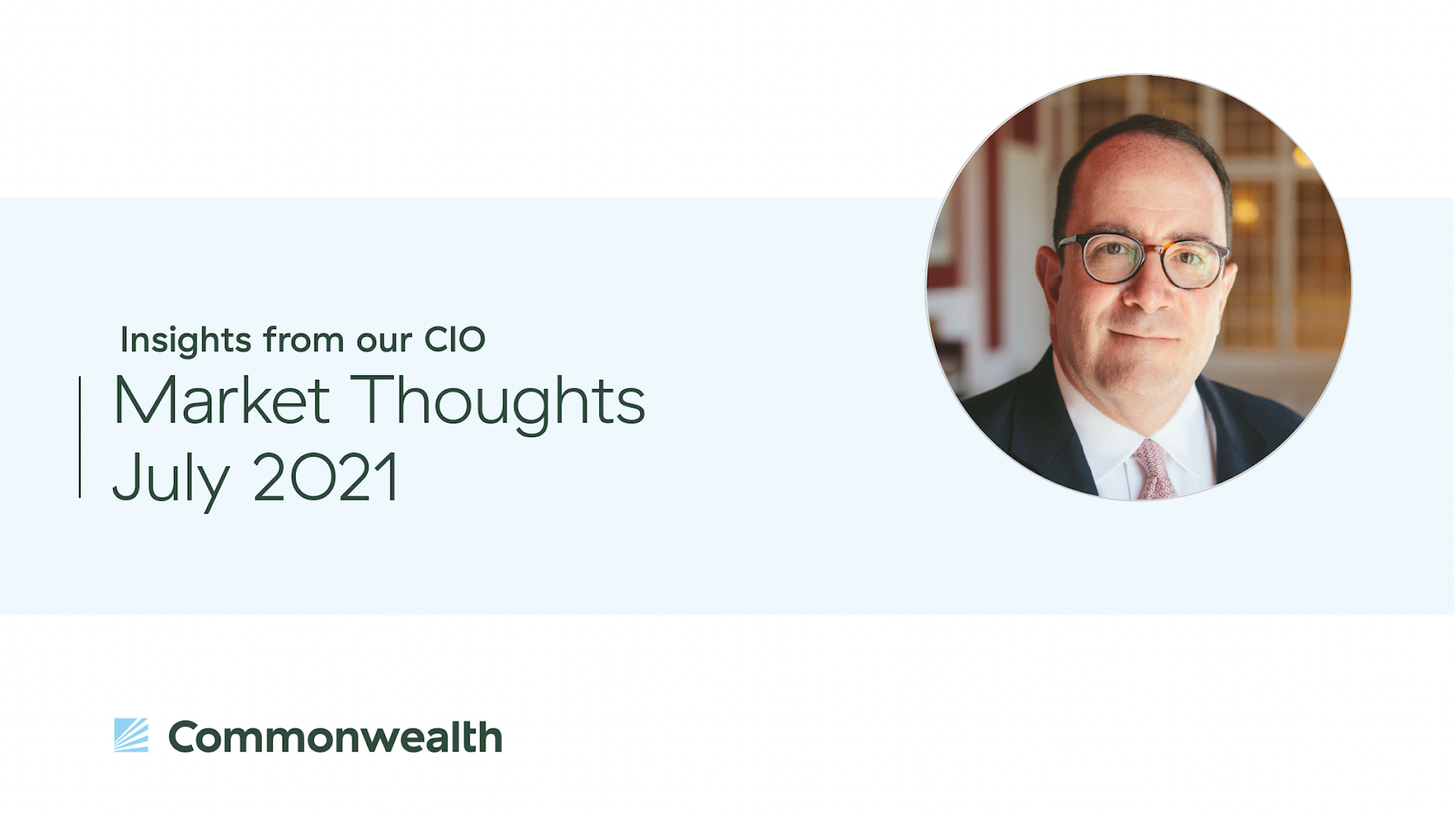Yesterday, we talked about whether the labor market would balance in the short term. We also discussed whether there were enough people outside the labor force who might move back in, with higher wages and other inducements, to provide enough bodies to not only fill the current vacancies but also provide enough of a cushion to prevent further dislocations in the future. Although it is close, so far the numbers suggest there are enough people out there to do that. In the next year or so, jobs and employees should move back into a rough equilibrium.










.png)



